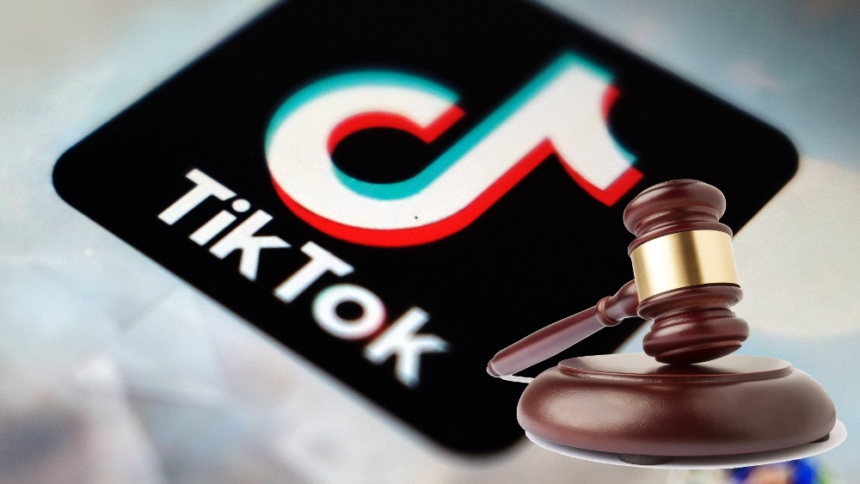Recently unsealed court documents reveal that TikTok’s time limit tools for teens may be ineffective. These features, intended to curb screen time among young users, reportedly fall short of achieving their goal, sparking concerns about the app’s impact on teenagers’ mental health. This information, accidentally disclosed in a legal filing by Kentucky’s Attorney General and reported by NPR, suggests TikTok’s tools may focus more on boosting public trust and user retention than reducing usage.
What’s Happening & Why This Matters
The unredacted documents, filed in a lawsuit by a group of 14 state attorneys general, expose conversations among TikTok executives, including comments on time management tools’ limited effectiveness. Despite adding a screen time prompt that requires teens to enter a passcode after a set limit, the documents reveal that this feature barely reduces time spent on the app, accounting for just a 1.5-minute decrease in daily usage.
Internally, TikTok’s own analysis shows that these time-management features function as a “good talking point” rather than an effective tool. An executive’s comments suggest that the real objective of these features is not to reduce screen time but to contribute to daily active users and user retention. The report shows that rather than enhancing user well-being, the tools are viewed as a strategy to build public trust, especially amid increased scrutiny over social media’s impact on mental health.
The recent lawsuit accuses TikTok of creating an environment that fuels addiction and contributes to mental health issues among teens. Allegations focus on the platform’s infinite scrolling, “challenge” videos that sometimes encourage risky behavior, and late-night notifications, which attorneys general argue disrupt sleep patterns and increase dependency on the app.
In response to these claims, TikTok argues that the lawsuit selectively pulls quotes out of context. A company spokesperson defended the app’s safety measures, citing features like default screen time limits, family pairing options, and a policy to proactively remove underage users. TikTok claims these safeguards demonstrate its commitment to user safety.
TF Summary: What’s Next
The lawsuit has put TikTok’s practices under intense scrutiny, and the court’s final ruling could impact how social media platforms handle young users’ mental health concerns in the future. With ongoing legal battles, TikTok may need to refine its tools and show real-time reductions in screen time. Meanwhile, the case raises broader questions about social media responsibility, especially with features that seem more about optics than actual user protection.
— Text-to-Speech (TTS) provided by gspeech


